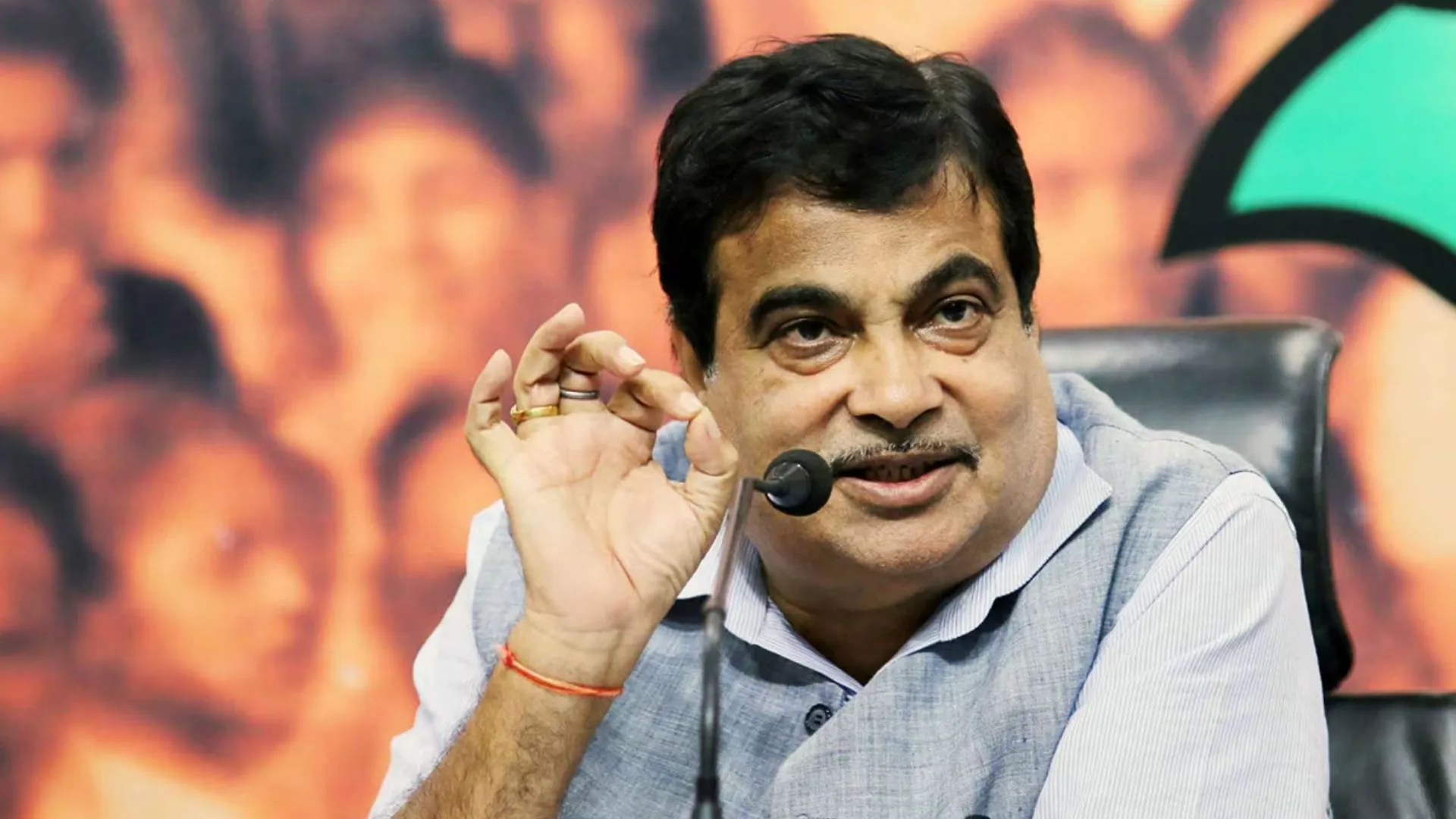Congress MP Renuka Chowdhury has reacted sharply to the recent comments made by RSS Chief Mohan Bhagwat about India’s slowing population growth and his suggestion that couples should have at least three children. Speaking to NDTV at Parliament, Chowdhury said she had concerns over unemployment, a rise in the cost of living, and the broader implications of Bhagwat’s statement.
Chowdhury Highlights Unemployment Crisis
Renuka Chowdhury criticised Bhagwat’s call for a higher birth rate, pointing out the problems faced by families in India. She said that unemployment is becoming a big problem in the country and no one wants to marry off their daughters to jobless men. She said that with rising unemployment, many men are unable to take care of their families. “They don’t have jobs, how will they take care of their partners?” she added.
She further mentioned that there exist monetary difficulties in the majority of the families and old parents working for young ones. “Are we rabbits that we will keep reproducing?”, she asked while referring to this situation.
Addressing Rising Costs of Living
The Congress leader further pointed towards the increasing cost of living, when even food and travel are no longer affordable. She mentioned that the increasing medical costs made it hard for families to afford them. Chowdhury‘s words reflect growing worries over India‘s economic and employment issues that are fuelling the country’s social challenges.
Bhagwat’s Population Concerns
Mohan Bhagwat had earlier stated that a declining population of India is a serious issue. He based this statement on demographic studies thatshow that a fertility rate below 2.1 leads to the gradual extinction of society. Bhagwat said a fertility rate should be maintained above 2.1 so that the society does not face extinction. He further talked about family and mentioned that every family is the most critical building block of society.
A Declining Fertility Rate
India’s Total Fertility Rate (TFR), which tracks population change, has declined from 2.2 to 2. A TFR below 2.1 signals a shrinking population and an aging society, which raises concerns about long-term social and economic stability.
Chowdhury’s Retort on Family Planning
In her rebuttal, Chowdhury questioned the feasibility of Bhagwat’s proposition, saying, “What is their experience? We know the reality of today’s world.” Her sharp remarks serve as a critique not only of Bhagwat’s stance on population growth but also of the broader socio-economic conditions that many Indians face today.
The issue of population control and family planning speaks well about the gap between ideologies of different politicians and the concerns of average citizens. The unemployed and ever-rising prices coupled with rising living expenses call into question the measures through which such a nation might reconcile this and its population pressures.
Remarks from Renuka Chowdhury point to the complexities in the issues related to India’s population growth. While Mohan Bhagwat identifies demographic decline as an issue that calls for children, this Chowdhury response articulates the reality of unemployment, economic pressure, and the relevance of very real solutions that the country needs for its larger socio-economic issues.






















